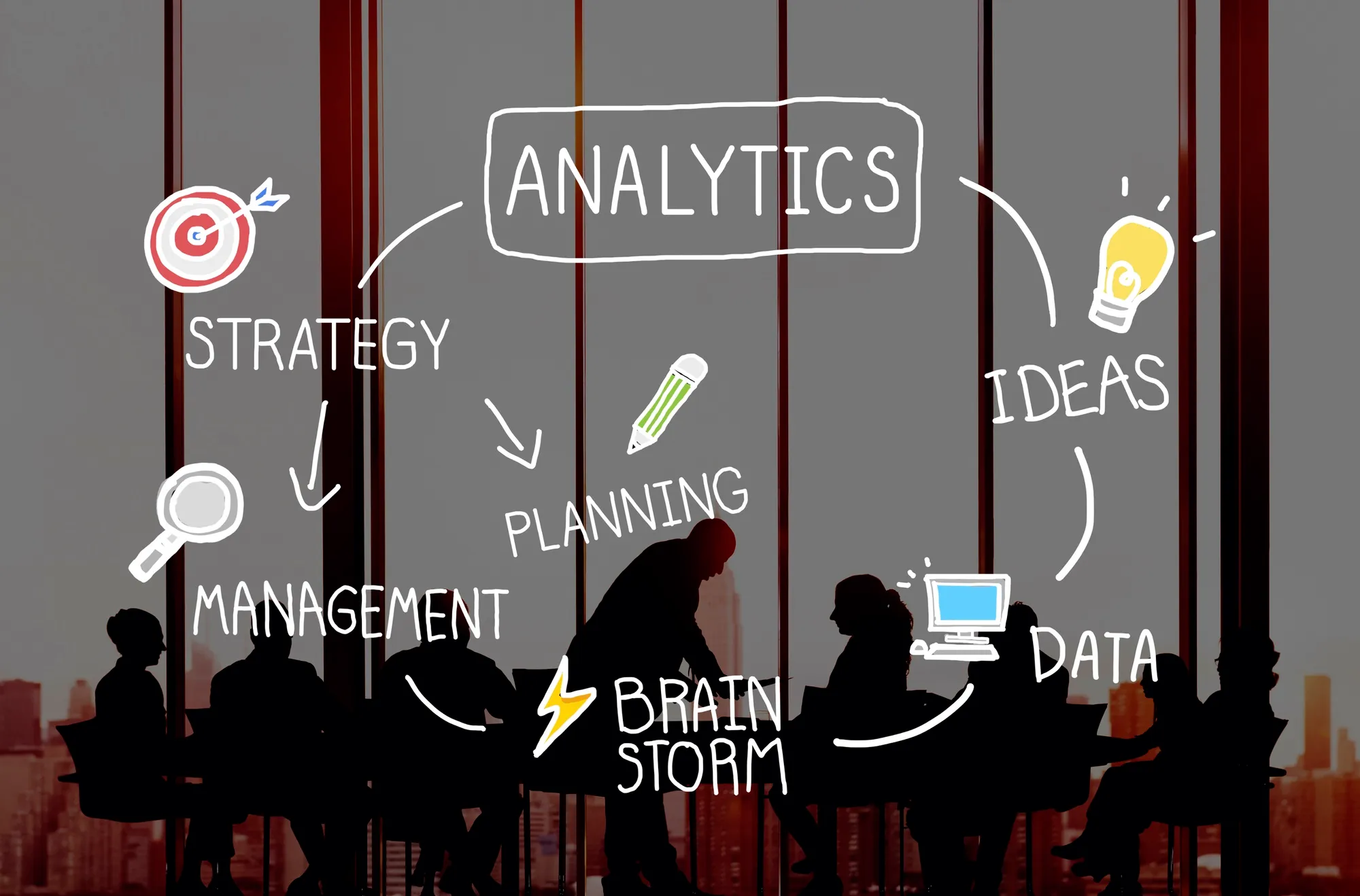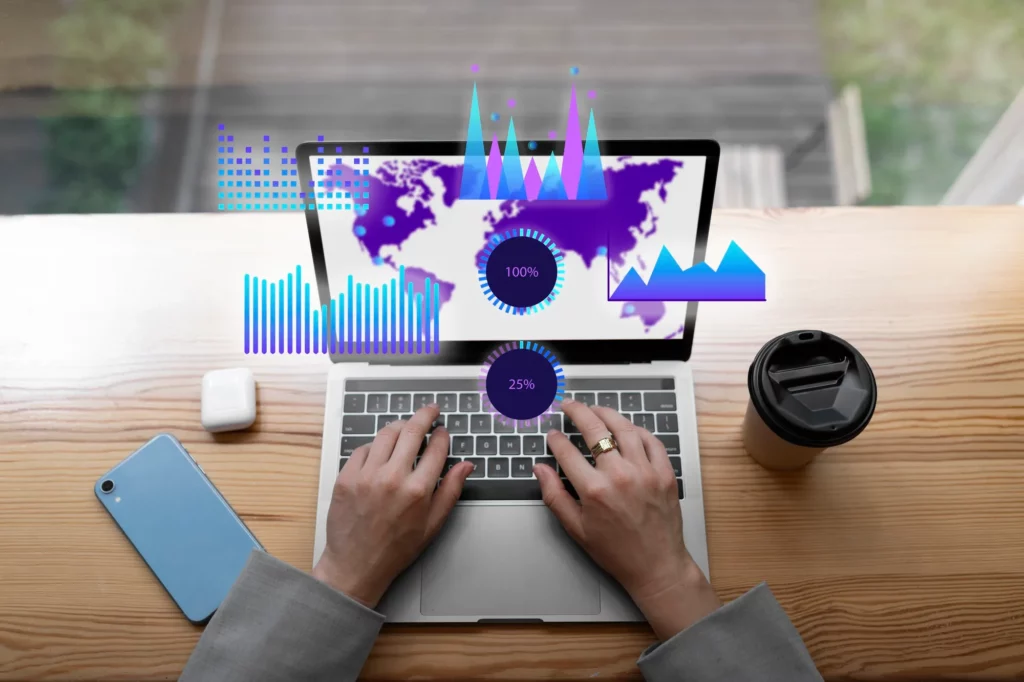In today’s digital world, data analytics plays a crucial role in crafting successful marketing strategies. Businesses rely on data-driven insights to understand consumer behavior, track campaign performance, and optimize marketing efforts for higher ROI.
With the rise of big data, AI, and machine learning, marketers now have access to real-time analytics, allowing them to make informed decisions and personalize user experiences. In this guide, we’ll explore how data analytics is transforming modern marketing strategies and how businesses can leverage it effectively.
Why Data Analytics is Essential in Marketing
Data analytics helps marketers:
✅ Understand Customer Behavior – Identify trends, preferences, and pain points.
✅ Optimize Campaigns – Measure and adjust strategies for better performance.
✅ Enhance Personalization – Deliver targeted content and ads based on user data.
✅ Improve ROI – Allocate budget effectively to maximize returns.
Key Areas Where Data Analytics Impacts Marketing
1. Customer Insights & Audience Segmentation
Understanding your audience is the foundation of any marketing strategy. Data analytics allows businesses to segment customers based on:
- Demographics (age, gender, location)
- Behavioral patterns (purchase history, engagement levels)
- Interests and preferences
✅ Example: E-commerce platforms use data analytics to recommend personalized products based on a user’s browsing history.
2. Predictive Analytics for Better Decision-Making
Predictive analytics leverages historical data to forecast future trends and customer actions. This helps businesses anticipate demand, optimize inventory, and create targeted marketing campaigns.
✅ Example: Netflix uses predictive analytics to recommend content based on a user’s watch history, improving engagement and retention.
3. Performance Tracking & Campaign Optimization
Data analytics enables real-time tracking of marketing campaigns. Businesses can measure KPIs (Key Performance Indicators) such as:
- Click-through rates (CTR)
- Conversion rates
- Customer acquisition costs (CAC)
Marketers can adjust their strategies based on data-driven insights to improve campaign effectiveness.
✅ Example: Google Ads allows advertisers to monitor ad performance and adjust bids based on real-time data.
4. Personalization & Customer Experience Enhancement
Consumers expect personalized experiences, and data analytics helps deliver just that. By analyzing user interactions, businesses can tailor:
- Email marketing campaigns
- Product recommendations
- Targeted advertising
✅ Example: Amazon’s recommendation engine uses customer data to suggest relevant products, leading to higher sales.
5. Social Media Analytics for Engagement Growth
Social media platforms generate vast amounts of data daily. Social media analytics tools help businesses track:
- Audience engagement (likes, shares, comments)
- Best-performing content
- Influencer marketing effectiveness
✅ Example: Brands use Instagram analytics to determine which types of posts generate the most engagement and adjust their content strategy accordingly.
6. Enhancing SEO & Content Marketing
Data analytics plays a vital role in SEO strategy by identifying:
- High-performing keywords
- User search intent
- Content engagement metrics
✅ Example: Google Analytics helps website owners track organic traffic, bounce rates, and user behavior to optimize their content strategy.
 How Businesses Can Leverage Data Analytics in Marketing
How Businesses Can Leverage Data Analytics in Marketing
📌 Use AI-Powered Tools: Platforms like Google Analytics, HubSpot, and SEMrush provide deep insights into customer behavior.
📌 Monitor Real-Time Data: Stay updated on market trends and consumer actions for quick decision-making.
📌 Test & Optimize: Run A/B tests on ad creatives, email subject lines, and landing pages to determine the most effective strategies.
📌 Invest in Predictive Analytics: Forecast future trends to stay ahead of the competition.
Final Thoughts
Incorporating data analytics into marketing strategies is no longer optional—it’s a necessity. Businesses that leverage data-driven insights can enhance customer experiences, optimize campaigns, and drive better results. By using analytics tools effectively, brands can make smarter marketing decisions and maximize ROI in an increasingly competitive digital landscape.

